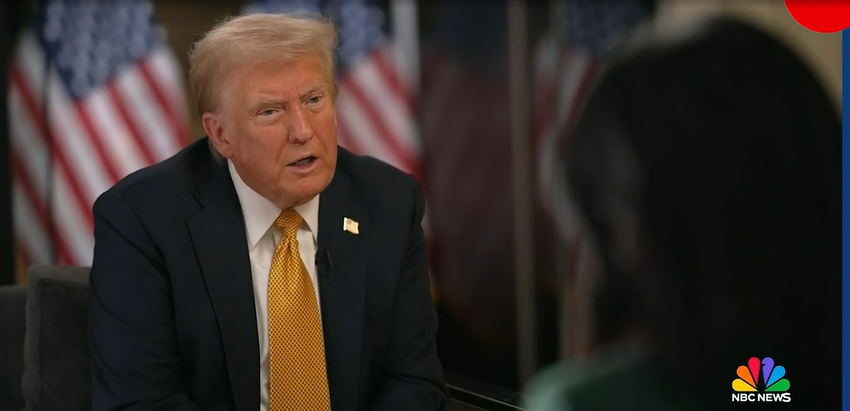Since its founding, America has served as a beacon of opportunity, attracting talented individuals from around the world, particularly during the eighteenth and nineteenth centuries. This influx of skilled craftsmen and intellectuals from Europe contributed significantly to American culture, influencing everything from culinary arts to architecture. The history of nations reveals a consistent truth: the strength and quality of a nation hinge on its people. Thus, any nation aspiring to uphold its global standing would naturally seek to improve the caliber of its citizenry. Yet, the current policy of granting citizenship by birthright in America presents a critical obstacle to this goal.
The principle of citizenship by birthright grants automatic citizenship to anyone born in the U.S., regardless of the parent’s legal status, a policy unique among developed nations. Advocates argue that this policy stems from the Fourteenth Amendment, claiming it is an indelible law. This interpretation, however, is often criticized as an oversimplification of constitutional intent. Legal experts, including notable commentators, have pushed back against the prevailing interpretation, asserting that the framers of the Fourteenth Amendment did not envision a blanket grant of citizenship. They argue that citizenship should not be an automatic right but a privilege based on a set of principles reflecting the nation’s identity and values.
The criticisms of birthright citizenship can be categorized into practical concerns and deeper political reasons. Practically, the current immigration crisis complicates the landscape. Estimates suggest that millions of individuals residing in the U.S. are undocumented, some of whom have criminal backgrounds linked to serious issues such as drug trafficking. The birthright citizenship policy creates perverse incentives, allowing criminals to exploit the system by having children, who then become leverage in terms of immigration policy. Such practices foster a cycle that not only endangers societal safety but also undermines the integrity of national identity, as these children may grow up in environments detached from American principles and culture.
Furthermore, the implications of mass immigration and automatic citizenship extend beyond individual cases to societal health and productivity. Communities increasingly buffer against the repercussions of widespread drug issues and disintegration of social cohesion, often as a direct result of lax immigration controls. This situation diverts valuable resources that could otherwise support essential national projects like education and infrastructure. The erosion of a common language and shared values detracts from assimilation, leading to societal fragmentation that could threaten democratic traditions and relationships among diverse groups. A nation that loses its cultural foundations risks becoming a mere economic entity rather than a cohesive society anchored in shared purpose and identity.
At the heart of the argument against unmitigated birthright citizenship is the concept of national pride and self-identity. A prosperous society is founded on a common set of values that bind its members together, imparting a sense of civic duty. America’s identity is rooted in core principles drawn from its Anglo-American heritage and religious ethics, and these values have served as the fabric of its enduring democracy. Allowing unrestricted entry and citizenship contradicts the values enshrined in the foundational documents of the nation, which emphasize the responsibilities accompanying citizenship as well as the importance of self-governance and individual accountability.
America’s exceptionalism lies in its unique historical journey and the cultural values that have shaped its past. This exceptionalism is defined by an understanding that citizenship involves more than legal status; it demands a commitment to the principles that sustain the nation. A culture that prioritizes discipline, sacrifice, and civic responsibility is crucial for the longevity of democratic governance. For this reason, the argument against birthright citizenship is not merely a legal issue but a deeply philosophical one, fundamentally linked to the identity and moral character of the nation.
To address these challenges, there needs to be a reevaluation of the Fourteenth Amendment to reflect a more nuanced understanding of citizenship that aligns America with global norms. Ending birthright citizenship would mark a significant shift toward strengthening national identity and restoring the focus on shared values. This realignment is not about restricting opportunity but about reinforcing a commitment to the principles of citizenship, ensuring that individuals who enter the nation do so with a recognition of, and alignment to, the values that have historically defined American society. Ultimately, this crucial reform serves as a necessary step towards preventing further cultural and economic collapse, enabling America to remain a strong and cohesive nation in a rapidly evolving world.

